Yokoyama Masayoshi, the director of Ryu Ga Gotoku Studio and executive producer of the Like a Dragon series, made a series of posts on his personal X account on January 31 addressing the series’ localization. He assured players that what they see in the games is exactly what the RGG team intended, regardless of the language they’re playing in.
After Sega’s official X account shared a PR article with The Japan Times on the topic of game localization on January 28, many users interpreted comments made by the Sega of America localization team to mean that localizers are given free rein to make cultural and ideological revisions to original Japanese scripts, resulting in a lot of dissatisfied responses.
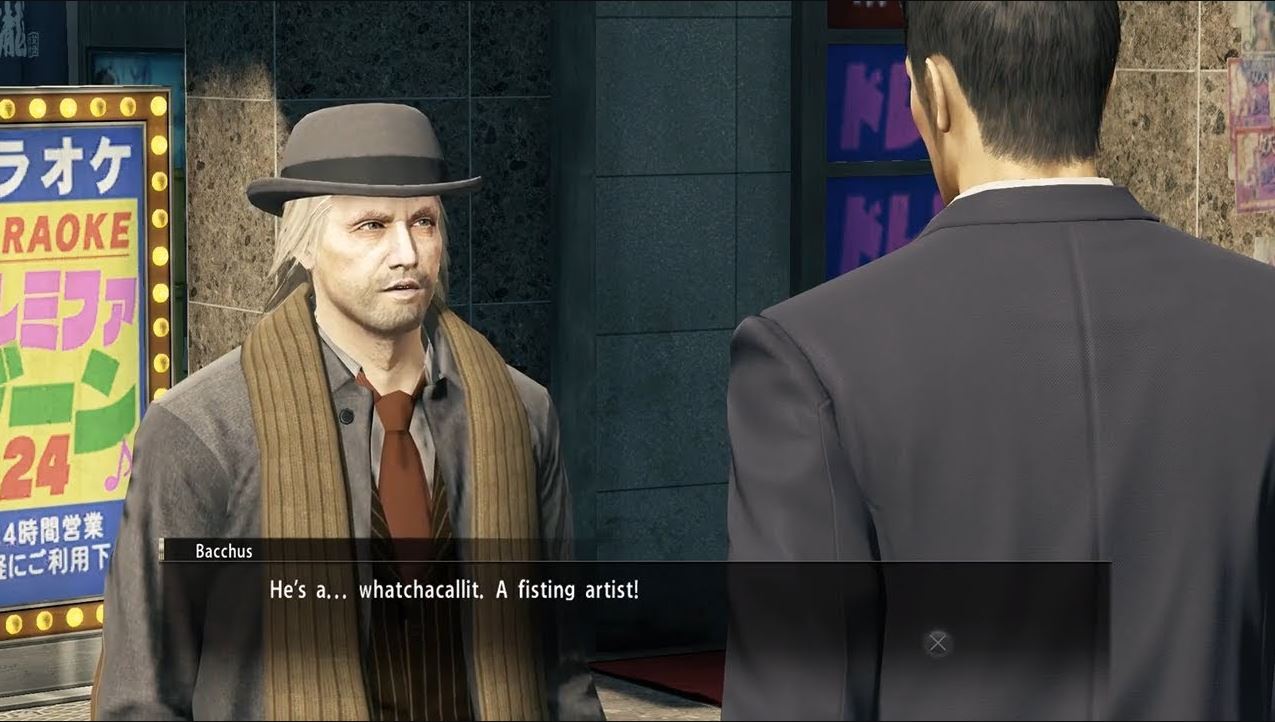
Although the Like a Dragon series is generally known for good quality localization, this also led to discourse about the Like a Dragon series’ latest entry, Infinite Wealth, intensifying. The effects of the previously mentioned article, combined with recent claims that a certain dialogue at the start of Infinite Wealth is “too woke and feminist,” caused enough commotion to reach the ears of Masayoshi Yokoyama, who immediately addressed the issue.
There seems to be a misconception going around, but we do not change the original (Japanese) content when localizing.
We perform checks for unintended derogatory or discriminatory language, religious issues, etc., and then we fix the issues in the original script.
In other words, there are no differences between the Japanese version and overseas versions.
Explaining the Ryu Ga Gotoku team’s localization policy, Yokoyama assures users that the only thing being revised in the games is content that the writers themselves did not intend to come across as derogatory or offensive. He also adds that such revisions are made to the original Japanese script, which means that no significant changes exist between different versions.
Yokoyama clarifies that while high-context Japanese phrases such as proverbs are approximated to local equivalents for clarity, the team does not allow any changes to the characters and their personalities.
As an example, if there’s a Japanese proverb, folktale or something difficult to convey referenced in a chapter title in Infinite Wealth, this is changed to alternatives that are in line with the cultural context of each language.
The RGG team is very particular about the characters and their personalities, and we would never allow them to be changed.
Finally, the Yakuza series producer states that localization is a means of conveying the games’ meaning correctly, and that the team’s approach to localization has been this way ever since Yakuza 0.
Use of proper nouns or expressions that could cause offense to players are avoided in advance.
Banter and phrases that do not make sense when translated literally are adjusted to fit the cultural context. *Of course, Japan checks this
We’ve been doing things this way the whole time since Yakuza 0.
Conveying the meaning of Like a Dragon correctly. This is what the localization team is for.
Likely addressing suspicions that Infinite Wealth has been woke-ified against the creators’ wishes, Yokoyama followed up with a post explaining that Ichiban Kasuga is a character who is unprejudiced in terms of age, gender, status etc., but that, “This is not out of any kind of consideration. We just wanted to create a character like that.”
It also might be worth mentioning that Yokoyama’s general stance towards exporting the Like a Dragon series overseas is very uncompromising in terms of the series’ Japan-centric themes and sensibility. In an interview with our Japanese editorial staff, Yokoyama explained his views in the following way: “(…) this is not to say that I am in any way conscious of the overseas market. The staff over at the Sega overseas offices always tell me ‘Don’t change anything.’ For things like adding foreign characters or foreign stages, they tell me not to do it unless it’s absolutely necessary. ‘Just do things the Yokoyama way, as you have been till now,’ I’m told. A lot of people are warning me not to be influenced in weird ways, and I place a high importance on that too.”
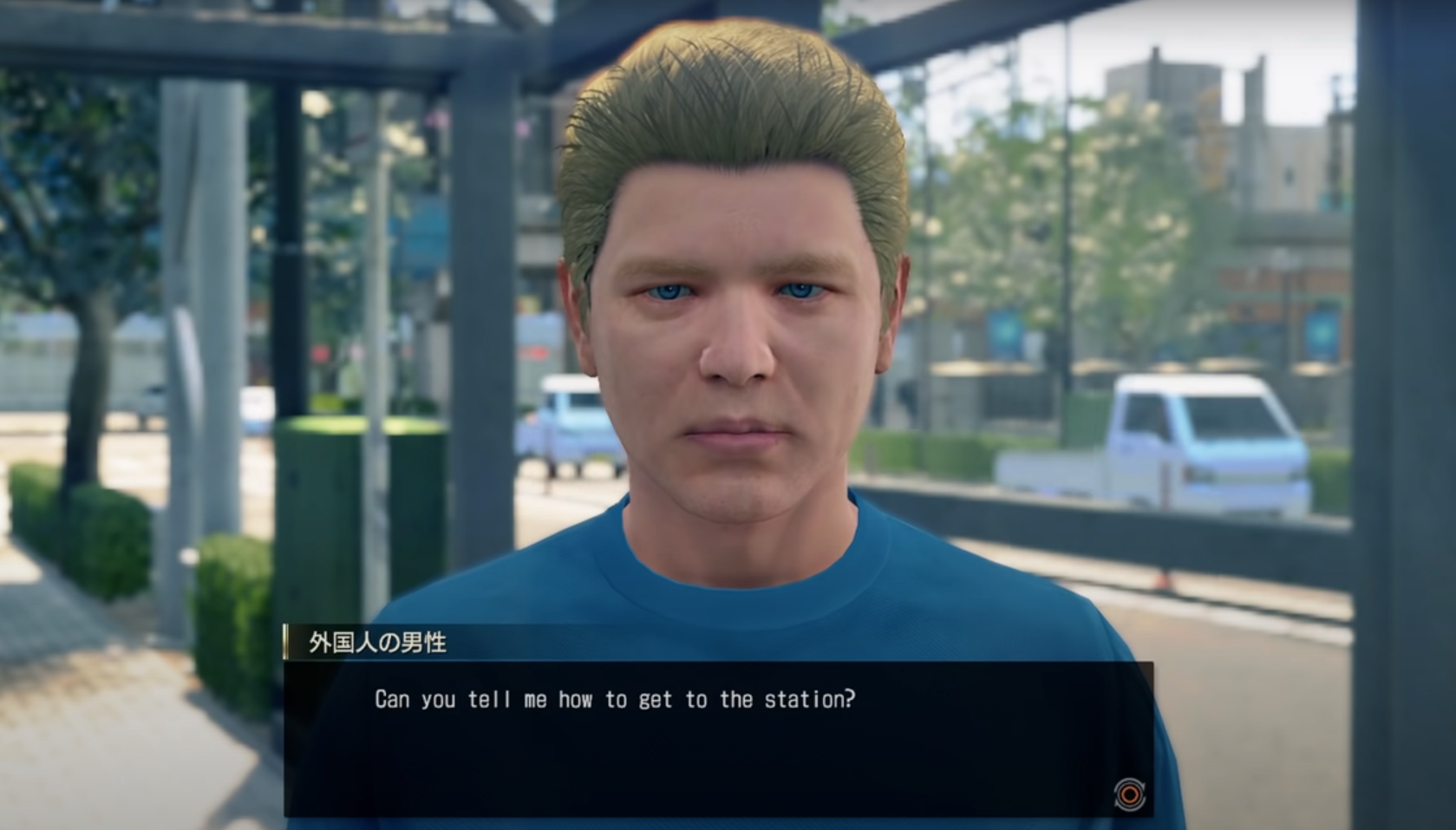
As Yokoyama mentioned, The Like a Dragon series has a reliable history with localization too, leaving English speakers with many memorable quotes and moments. One particularly masterful example is the Yakuza: Like A Dragon scene in which Ichiban Kasuga (who is bad at English) is asked for directions by an English-speaking foreigner. The English localization did not go for the expected route of making the foreigner speak another foreign language, but instead settled for a comical “American man in a foreign country” moment, with the foreigner speaking unnaturally slowly. Additionally, the developers added a 4th wall-breaking gesture by which Kasuga signals to the player that even though he’s technically speaking English, he doesn’t know it (Source: Kotaku).
Perhaps due to past occurrences of excessively biased localizations in Japanese anime and video games, players have grown wary of inauthentic translations and often plead for developers to keep cultural adaptations to a minimum and leave their games “as Japanese as possible.” (Related article) However, it seems that in the case of the Like a Dragon series, what we are getting in the localized versions is exactly what the developers intended to convey, especially in terms of core values and characters.
Like a Dragon: Infinite Wealth is available for the PC (Windows/Steam)/Xbox Series X|S/Xbox One/PS4/PS5.

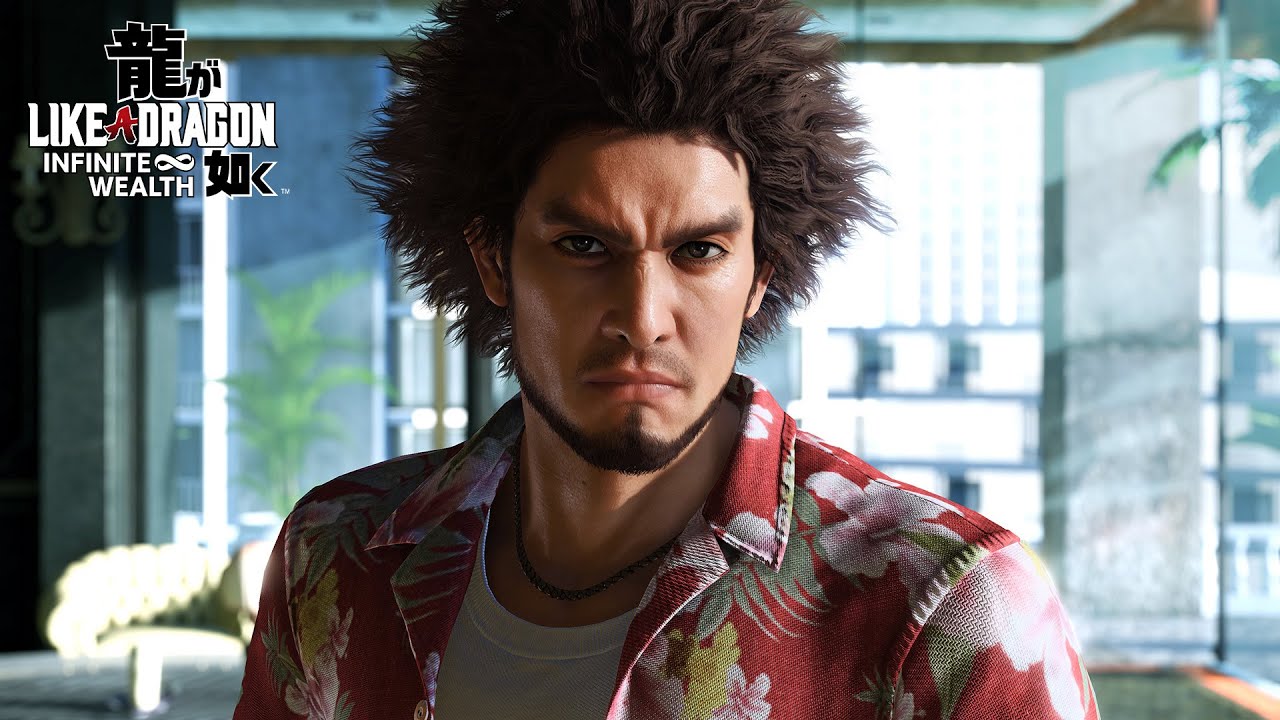

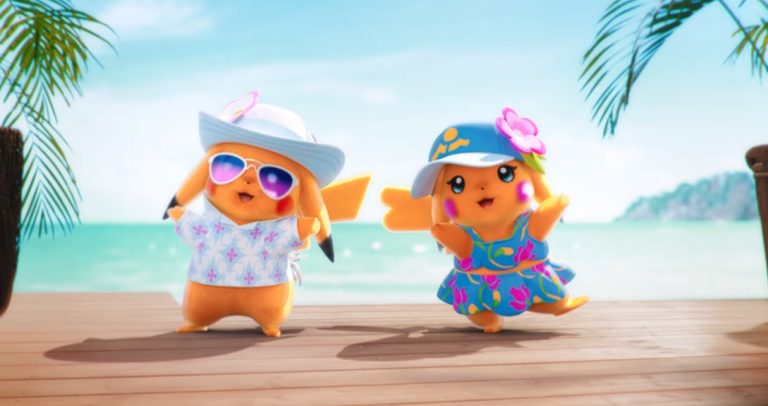
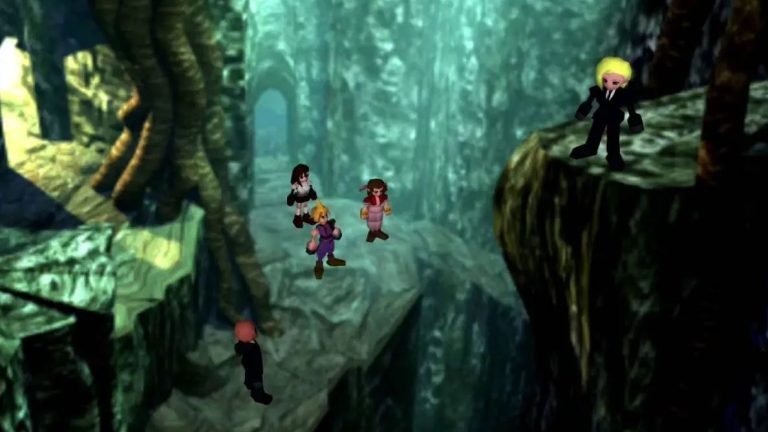
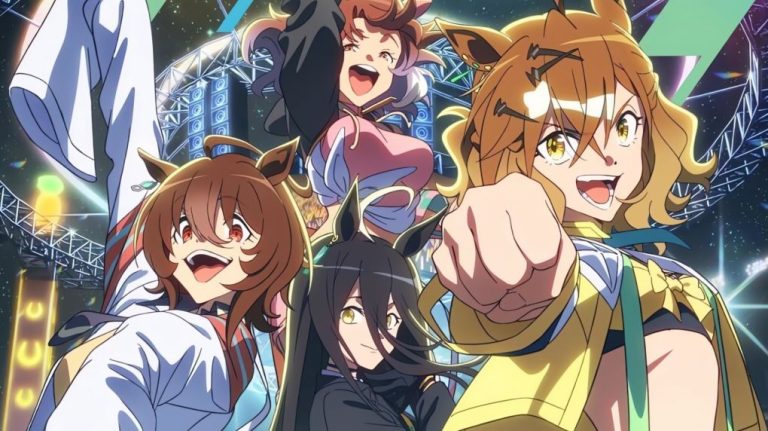
I have played every single Like A Dragon game from 4 when SEGA was really struggling to gain a foothold here in America, to where it finally reached popularity with Like A Dragon Zero under Nagoshi, I even played Like A Dragon 7 and found not much issue with the localization most likely due to that one rumored to being in-house. A small note is, I played the games before they even were remastered, and I have noticed retroactive changes in the English Script on the remastered collection and the images are also posted online of various changes that takes out the Japanese spirit and humor to censor it in order to prevent offending anyone from the jokes involving sexuality down to being silly about body shapes and sizes. To be honest this is what makes Japanese culture unique, is the sense of being honest with ones feelings and emotions, being silly and funny, being free to make what you desire so as long as it’s done with tact. Which Japan has always done very well and wildly successful because the localizers back then understood the humor but did not mess with the cultural Japanese identity to do it and conveyed it much better but I think audiences desire Translations, they desire more faithful accurate depictions of Japanese culture. Not an Americanized version of it, not a censored version, a toned down version but 1:1 version that feels like the Japanese soul and the spirit of the creators themselves and is respectful to their vision.
The reason is that Manga and Anime have been wildly popular in the West and continue to grow as rapid as it has, is that they have been faithful with translations for 16 years now with nothing toned down, nothing censored, in the cases they are not, audiences do get mad and the creators revoke licenses or force the translator to change it back. While Video Games have not caught up to this and feel woefully behind out of lockstep with audiences who are used to Japanese content with Anime and Manga, not going through a filter and having something lost in translation. The fact that SEGA, Bandai Namco and the Japanese execs misunderstand the market has changed for less localization and more accurate translation without self censorship is surprising to say the least. If they do not change their idealogy for AI Translations, in-house Bilingual Japanese to do their works, to be more faithful and accurate. Kadokawa will step in and do what needs to be done and I am sure they will be making infinite wealth on top of infinite growth for being a Japanese Company bringing Japanese culture that is unfiltered for the West, while the rest keeps wondering why nobody likes their work and why they are getting growing pushback.